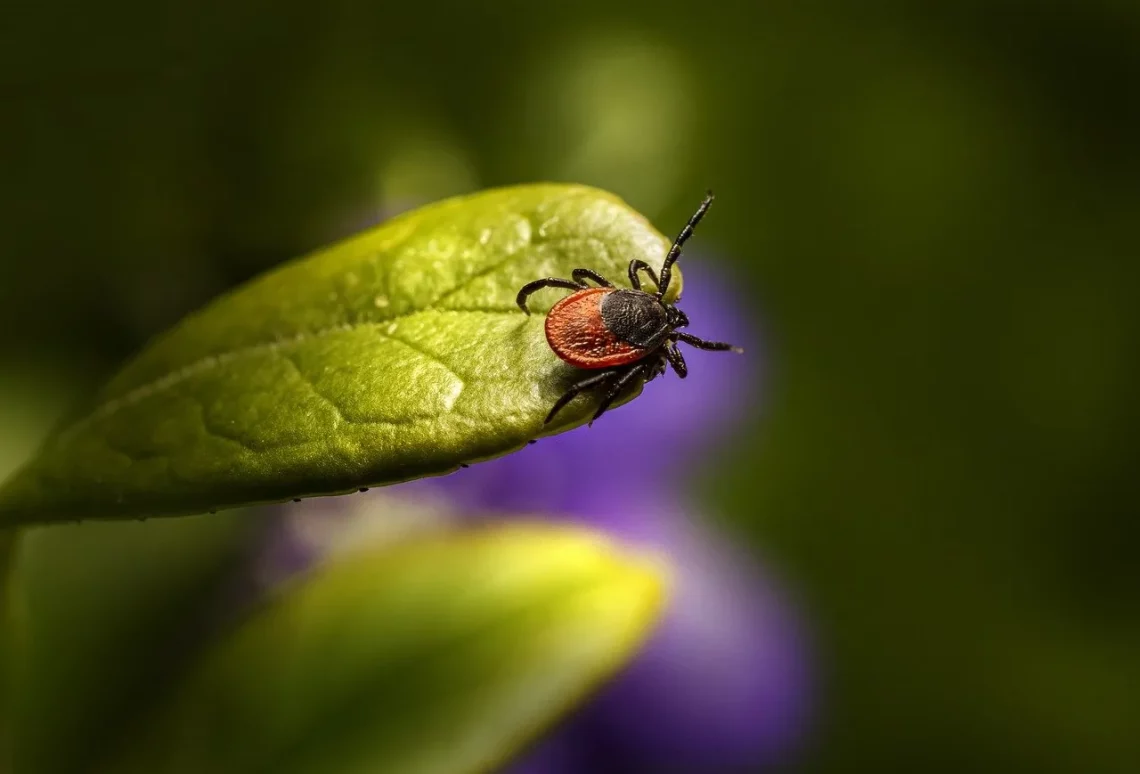-
Coyotes Learning Not to Bark: A New Approach to Survival Strategies
Coyotes have long been the subject of fascination and intrigue, particularly due to their adaptability and cunning nature. These highly intelligent mammals have managed to thrive in diverse environments, from urban landscapes to remote wilderness. As they navigate the complexities of modern life, coyotes have developed a range of survival strategies that demonstrate their remarkable resilience. One of the most striking behaviors observed in recent studies is a shift in their vocalization patterns, specifically a reduction in barking. This change raises important questions about the role of communication in their survival and how these animals are continually evolving in response to their surroundings. The ability to adapt is a critical…
-
Understanding Tick Longevity Without a Host: Lifespan Insights
Ticks are small arachnids that play a significant role in the ecology of many ecosystems. Despite their diminutive size, they have a substantial impact on wildlife and human health due to their ability to transmit various diseases. Understanding ticks and their behavior, particularly their lifespan without a host, can provide valuable insights into their biology and ecology. Ticks require a host to feed and reproduce, but they have evolved various strategies to survive during periods when hosts are unavailable. This adaptability allows them to thrive in diverse environments, from forests to urban areas. Their resilience is partly due to their ability to enter a state of dormancy, which can extend…







